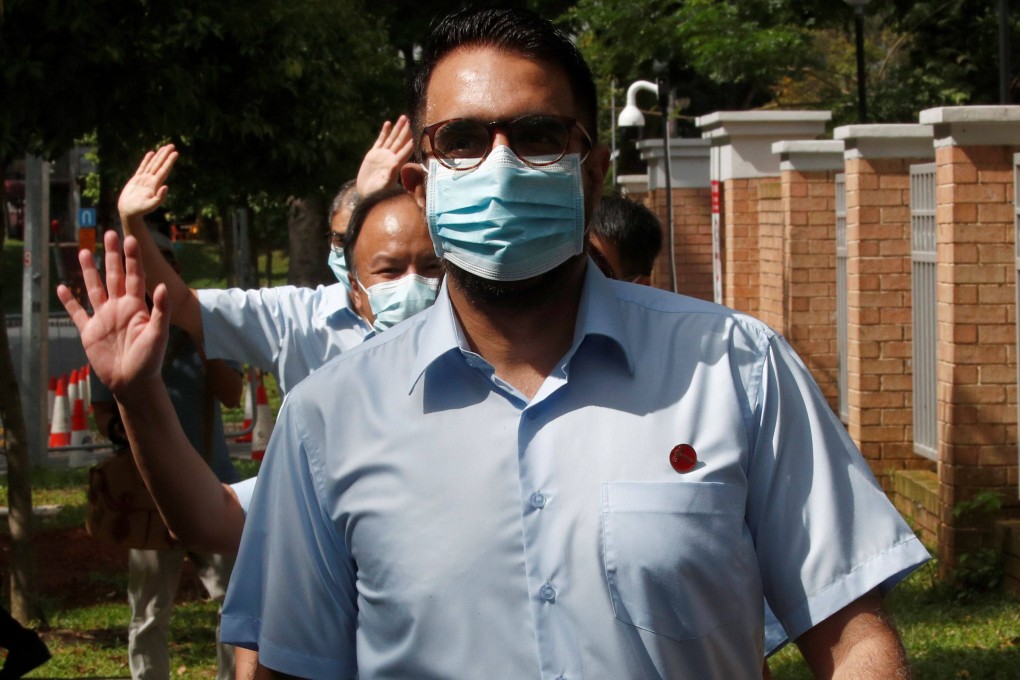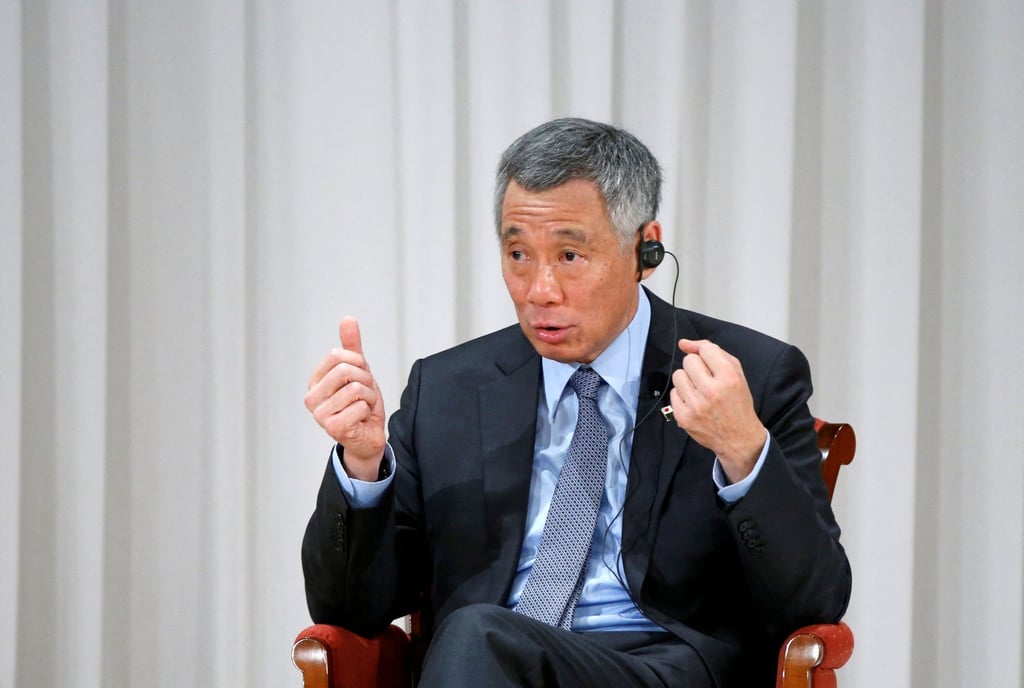Advertisement
Singapore opposition chief Pritam Singh rejects perjury allegations as PM Lee Hsien Loong slams ‘lack of shame’ in lying scandal
- Workers’ Party leader Pritam Singh vows to exonerate himself after parliamentary committee says he perjured himself during a probe into lying ex-MP Raeesah Khan
- His fate may determine whether the troubled opposition party is able to make further inroads after its breakthrough successes in 2020
Reading Time:4 minutes
Why you can trust SCMP

Singapore’s under-fire opposition chief Pritam Singh has denied claims by a parliamentary committee that he perjured himself during a probe into a lying scandal involving his ex-colleague Raeesah Khan, saying the allegation was suggestive of “political partisanship”.
Speaking in parliament, the leader of the Workers’ Party said he planned to exonerate himself before the courts and accused the committee of failing to consider key pieces of evidence that he had submitted to it.
But participating in the ensuing debate, Prime Minister Lee Hsien Loong criticised Singh for seeking to create a “smokescreen” and gain public sympathy, and warned that the saga could bring disrepute to the legislature if the alleged transgressions were not dealt with.
Advertisement
“If we let flagrant, egregious transgressions pass, it will erode trust in our leaders, respect for parliament, and support for our whole political system,” Lee said.
The 70-year-old leader added that the lack of contrition by Singh and two other Workers’ Party members - chairperson Sylvia Lim and vice-chairman Muhamad Faisal Manap - indicated a “lack of shame”.
Advertisement
“Whether from a Western or Eastern view, if lack of shame becomes the public norm, our political system will break down, progressively and irreversibly,” Lee said.

Advertisement
Select Voice
Choose your listening speed
Get through articles 2x faster
1.25x
250 WPM
Slow
Average
Fast
1.25x